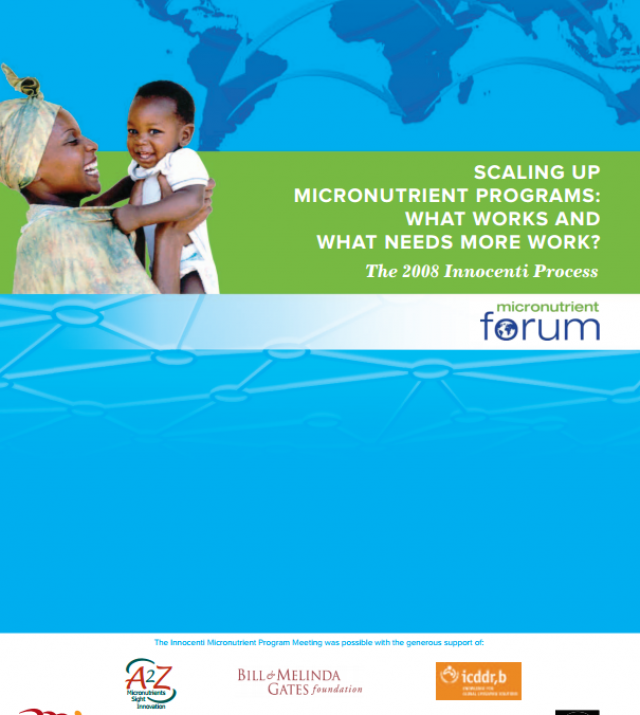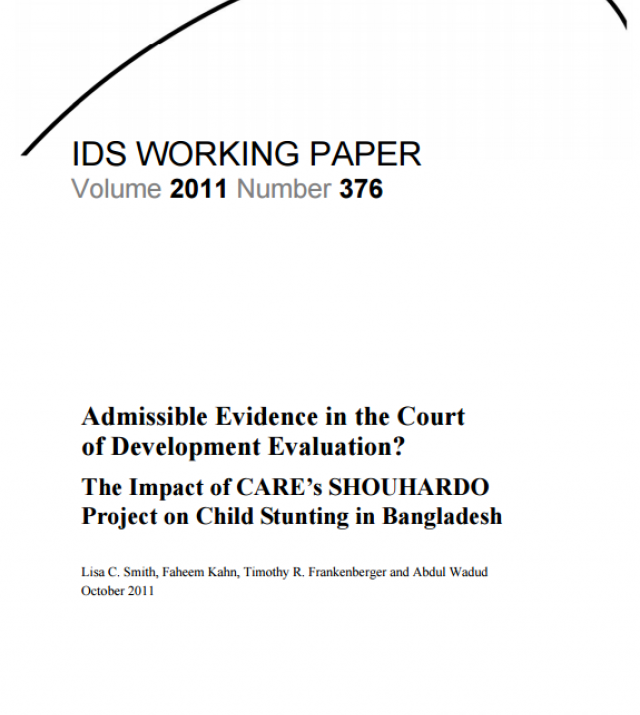

In Bangladesh, a large percentage of households live in poverty, food insecurity at the national level is extremely high and exacerbated by high food commodity prices, and poor maternal health and low child nutrition are persistent problems. The goal of ACDI/VOCA and PCI’s 2011-2015 USAID funded Title II program Program For Strengthening Household Access to Resources (PROSHAR) was to reduce food insecurity among vulnerable populations. PROSHAR activities revolved around three key strategic objectives: income and access to food of poor and ultra-poor households improved (SO1); health of pregnant and lactating women and children under 5 (SO2); and improved institutions and households prepared to respond effectively to shocks (SO3).
The Trio model - composed of Care Groups and complementary father and in-law groups - led to remarkable behavior change results across the program in health and nutrition outcomes and care seeking behaviors. By endline, outcomes included significant increases in the proportion of mothers taking vitamin A and folic acid during pregnancy and mothers that reported attending four or more antenatal care visits.

